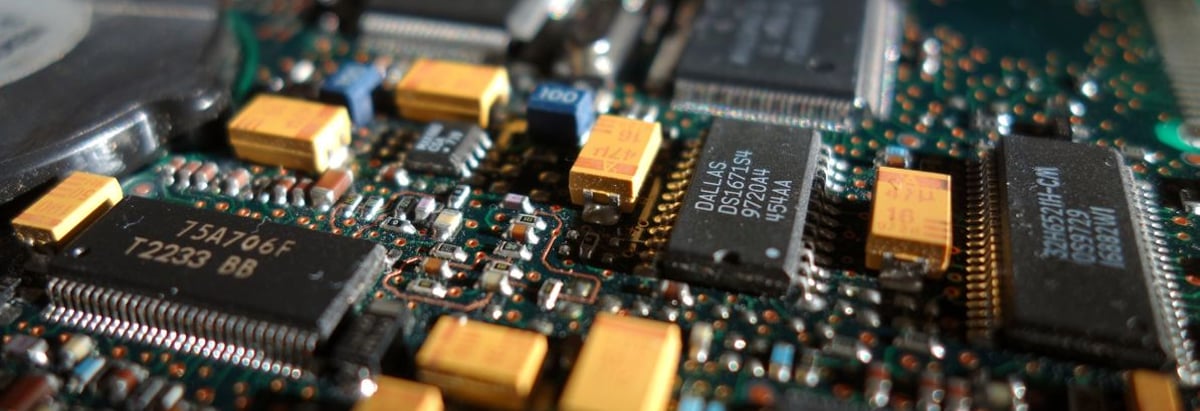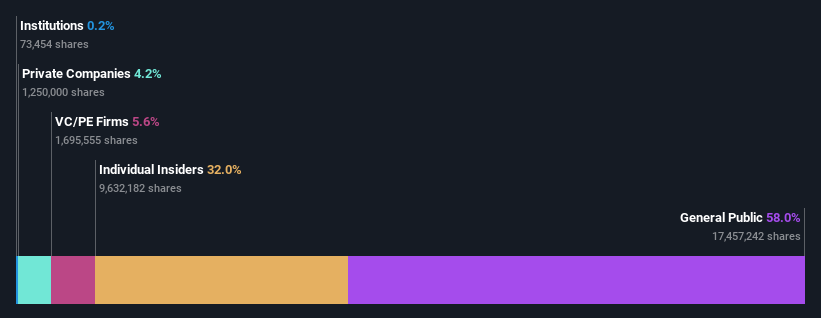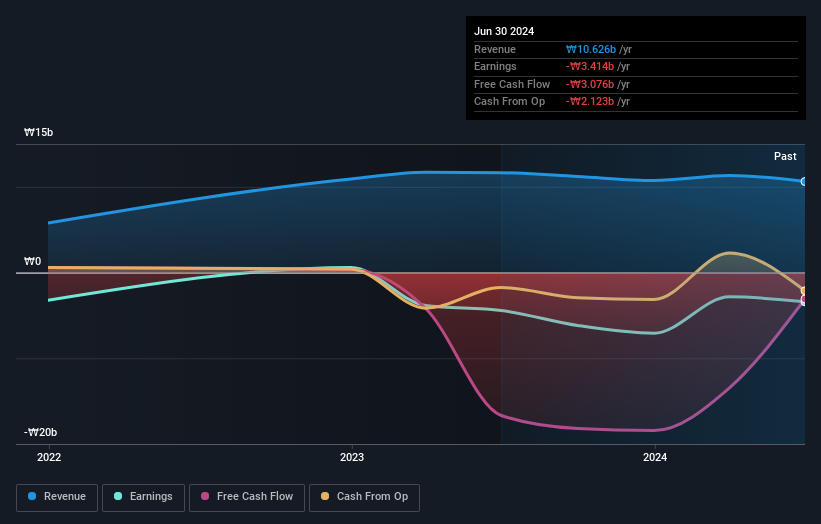- South Korea
- /
- Semiconductors
- /
- KOSDAQ:A418420
RAONTECH Inc.'s (KOSDAQ:418420) 20% gain last week benefited both individual investors who own 58% as well as insiders

Key Insights
- RAONTECH's significant individual investors ownership suggests that the key decisions are influenced by shareholders from the larger public
- The top 14 shareholders own 42% of the company
- 32% of RAONTECH is held by insiders
A look at the shareholders of RAONTECH Inc. (KOSDAQ:418420) can tell us which group is most powerful. With 58% stake, individual investors possess the maximum shares in the company. That is, the group stands to benefit the most if the stock rises (or lose the most if there is a downturn).
While individual investors were the group that reaped the most benefits after last week’s 20% price gain, insiders also received a 32% cut.
Let's take a closer look to see what the different types of shareholders can tell us about RAONTECH.
Check out our latest analysis for RAONTECH

What Does The Lack Of Institutional Ownership Tell Us About RAONTECH?
Small companies that are not very actively traded often lack institutional investors, but it's less common to see large companies without them.
There are many reasons why a company might not have any institutions on the share registry. It may be hard for institutions to buy large amounts of shares, if liquidity (the amount of shares traded each day) is low. If the company has not needed to raise capital, institutions might lack the opportunity to build a position. It is also possible that fund managers don't own the stock because they aren't convinced it will perform well. Institutional investors may not find the historic growth of the business impressive, or there might be other factors at play. You can see the past revenue performance of RAONTECH, for yourself, below.

We note that hedge funds don't have a meaningful investment in RAONTECH. With a 20% stake, CEO Brian Kim is the largest shareholder. With 5.6% and 4.2% of the shares outstanding respectively, East Gate Partners, LLC and Sks-Emford New Technology Investment Fund No.1 are the second and third largest shareholders.
A deeper look at our ownership data shows that the top 14 shareholders collectively hold less than half of the register, suggesting a large group of small holders where no single shareholder has a majority.
While it makes sense to study institutional ownership data for a company, it also makes sense to study analyst sentiments to know which way the wind is blowing. We're not picking up on any analyst coverage of the stock at the moment, so the company is unlikely to be widely held.
Insider Ownership Of RAONTECH
The definition of an insider can differ slightly between different countries, but members of the board of directors always count. The company management answer to the board and the latter should represent the interests of shareholders. Notably, sometimes top-level managers are on the board themselves.
Insider ownership is positive when it signals leadership are thinking like the true owners of the company. However, high insider ownership can also give immense power to a small group within the company. This can be negative in some circumstances.
It seems insiders own a significant proportion of RAONTECH Inc.. Insiders have a ₩44b stake in this ₩138b business. We would say this shows alignment with shareholders, but it is worth noting that the company is still quite small; some insiders may have founded the business. You can click here to see if those insiders have been buying or selling.
General Public Ownership
The general public -- including retail investors -- own 58% of RAONTECH. With this amount of ownership, retail investors can collectively play a role in decisions that affect shareholder returns, such as dividend policies and the appointment of directors. They can also exercise the power to vote on acquisitions or mergers that may not improve profitability.
Private Equity Ownership
With an ownership of 5.6%, private equity firms are in a position to play a role in shaping corporate strategy with a focus on value creation. Some investors might be encouraged by this, since private equity are sometimes able to encourage strategies that help the market see the value in the company. Alternatively, those holders might be exiting the investment after taking it public.
Private Company Ownership
Our data indicates that Private Companies hold 4.2%, of the company's shares. It's hard to draw any conclusions from this fact alone, so its worth looking into who owns those private companies. Sometimes insiders or other related parties have an interest in shares in a public company through a separate private company.
Next Steps:
It's always worth thinking about the different groups who own shares in a company. But to understand RAONTECH better, we need to consider many other factors. Be aware that RAONTECH is showing 2 warning signs in our investment analysis , and 1 of those is significant...
If you would prefer check out another company -- one with potentially superior financials -- then do not miss this free list of interesting companies, backed by strong financial data.
NB: Figures in this article are calculated using data from the last twelve months, which refer to the 12-month period ending on the last date of the month the financial statement is dated. This may not be consistent with full year annual report figures.
New: AI Stock Screener & Alerts
Our new AI Stock Screener scans the market every day to uncover opportunities.
• Dividend Powerhouses (3%+ Yield)
• Undervalued Small Caps with Insider Buying
• High growth Tech and AI Companies
Or build your own from over 50 metrics.
Have feedback on this article? Concerned about the content? Get in touch with us directly. Alternatively, email editorial-team (at) simplywallst.com.
This article by Simply Wall St is general in nature. We provide commentary based on historical data and analyst forecasts only using an unbiased methodology and our articles are not intended to be financial advice. It does not constitute a recommendation to buy or sell any stock, and does not take account of your objectives, or your financial situation. We aim to bring you long-term focused analysis driven by fundamental data. Note that our analysis may not factor in the latest price-sensitive company announcements or qualitative material. Simply Wall St has no position in any stocks mentioned.
About KOSDAQ:A418420
RAONTECH
A fabless semiconductor company, specializes in microdisplay solution for AR/VR/MR and mobile TV SoC in South Korea and internationally.
Excellent balance sheet slight.


